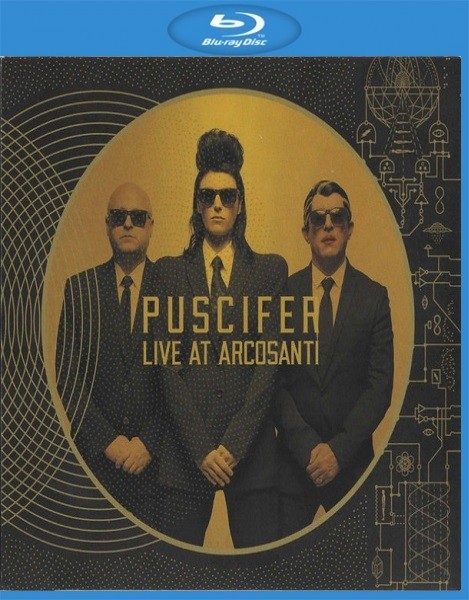
Chœur de Chambre de Namur, Leonardo García Alarcón – Capuana & Rubino: Requiem (2015)
FLAC (tracks) 24 bit/88,2 kHz | Time – 01:03:05 minutes | 994 MB | Genre: Classical
Studio Masters, Official Digital Download | Front Cover | © Ricercar
This album of world premiere recordings of 17th century masses showcases the Namur Chamber Choir and its artistic director, Argentinian conductor Leonardo García Alarcón. The choir champions the musical heritage of its native region while at the same time tackling great works of the choral repertoire. These Requiem Masses by Capuana and Rubino are apparently the only two settings of the Requiem composed in Sicily during the Baroque period. Capuana’s work is imbued with the intense emotion of the madrigal school while the Rubino is a true glorification of Renaissance polyphony.
Read more
Cappella Mediterranea, Leonardo Garcia Alarcon – Monteverdi: I 7 peccati capitali (2016)
FLAC (tracks) 24 bit/88,2 kHz | Time – 01:12:22 minutes | 1,27 GB | Genre: Classical
Studio Masters, Official Digital Download | Front Cover | © Alpha Classics
Today regarded as one of the most innovative and active Baroque ensembles on the international scene, Cappella Mediterranea has already made several distinguished recordings for the Ricercar label. Leonardo García Alarcón will of course continue his richly diverse collaboration with Ricercar (notably with the Choeur de Chambre de Namur and the Millennium Orchestra), but he will also release several projects on Alpha Classics, starting with an original programme of music by one of his favourite composers, Monteverdi. On the occasion of a music theatre piece centred on Poppea, whom her nurse Arnalta warns against the vices – a production directed by Olivier Lexa and performed at the Doge’s Palace in Venice – Cappella Mediterranea recorded this anthology of arias and madrigals alternating between sins and virtues, performed by the singers who have made the ensemble’s reputation, including Francesca Aspromonte as Poppea, Mariana Flores in Si dolce é’l tormento among others, and the tenor Emiliano Gonzalez-Toro. Here is an opportunity to rediscover the great masterpieces of Monteverdi in a new context: L’incoronazione di Poppea, Il ritorno d’Ulisse, Orfeo, the madrigals, and even an excerpt from the Selva morale.
Read more
Cappella Mediterranea and Leonardo García Alarcón – De vez en cuando la vida: Joan Manuel Serrat y el siglo de oro (2018)
FLAC (tracks) 24 bit/88,2 kHz | Time – 01:01:50 minutes | 1,15 GB | Genre: Classical
Studio Masters, Official Digital Download | Front Cover | © Alpha Classics
Leonardo García Alarcón writes: “The memories of my childhood in Argentina always bring me back to the singer-songwriter Joan Manuel Serrat, synonymous with shared family moments… Serrat’s poetry and music around a barbecue in Argentina; “De vez en cuando la vida” made me cry as it has made millions of people cry in Latin America, Spain and elsewhere… Joan Manuel Serrat is part of our life, he is our Jacques Brel!… Or, if we project ourselves back to the sixteenth century, he is in a sense our little Camerata Fiorentina, that movement of Italian poets and musicians in Florence. Serrat has allowed the whole of Latin America and Spain to reappropriate the works of its poets… He has also been synonymous with freedom and the struggle against dictatorial regimes. His song “Mediterraneo” is one of the emblematic pieces of his career. It is almost a hymn that has special resonance nowadays… I asked my good friend Quito Gato to arrange these songs for our ensemble, Cappella Mediterranea. The orchestration retains typical seventeenth-century instruments: recorders, cornett, violins, viola da gamba, cellos, lutes, harp, harpsichord, organ, with some percussion and a double bass. These period instruments allow us to travel back in time and compare Serrat’s romances with the Ensaladas of Mateo Flecha (1481-1553), the polyphony of Guillaume Dufay, and a composition by Juan Cabanilles that recalls a Bach Passion. The Xacaras, a satirical genre from the Spanish Golden Age dialogues with Serrat’s works, as does the Música callada of the Catalan composer Frederic Mompou, transcribed here for the harp.”
Read more




